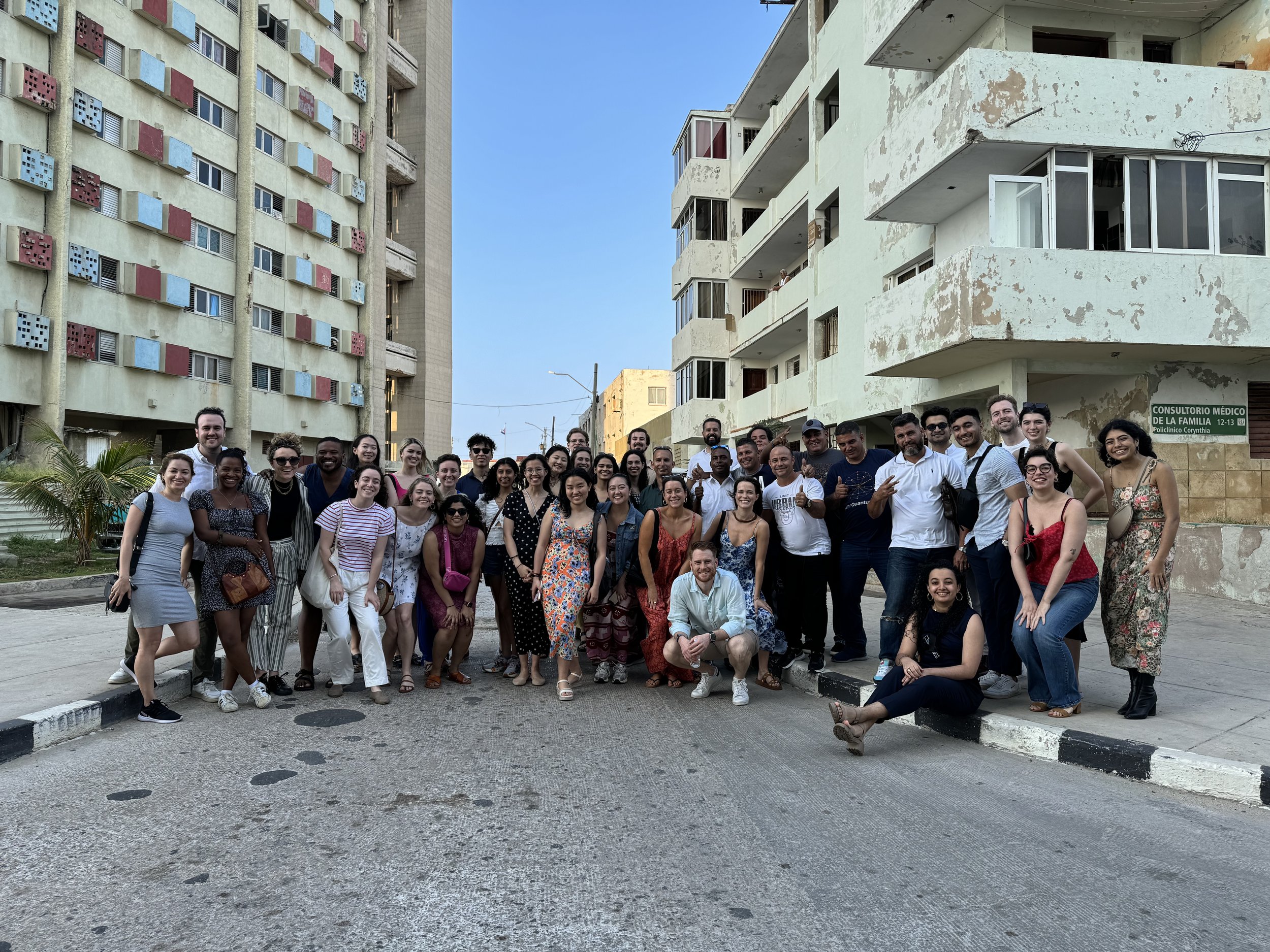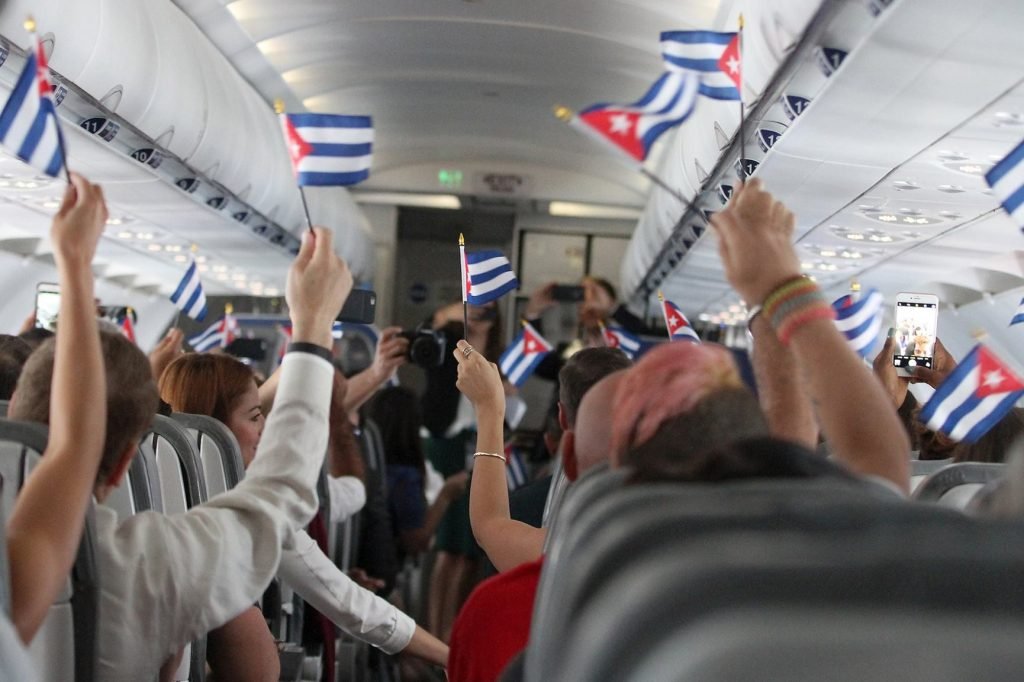Get a clear and concise analysis of the U.S.-Cuba relationship in your inbox weekly.
Recent newsletter issues
Yesterday, on the eve of the protests, Cuban police and pro-government supporters surrounded the home of a 39-year-old playwright named Yunior García Aguilera, who is seen as the leader of the opposition group.
These are uncertain times. All at once, Cuba is facing new leadership, an economic recession, and a new White House administration. President Diaz-Canel is entrusted to carry the banner of socialism, but Cubans are hoping for changes that will stimulate economic growth. Raul is still behind the scenes, advising Diaz-Canel on major issues. There is a deep divide between the plans of the government and the wishes of the people, and it's growing wider.
It was my great privilege to sit down virtually with Bill LeoGrande and get his perspective on the U.S.-Cuba relationship. Bill is a Professor of Government at American University and an expert on U.S. foreign policy toward Latin America. He is also the author of Back Channel to Cuba, which is an excellent read. In our 30-minute discussion, we covered the fraught diplomatic history, good and bad negotiation tactics, and Bill’s predictions for how President Biden will handle Cuba. Let me know what you think.
When it came to engaging with Cuba, there was something special about President Obama. Some combination of the man and his times resulted in the perfect opportunity for a thaw in relations.
But the times have changed, and Biden may have to keep things on ice.
It was April 1959. Fresh off a revolution, Fidel Castro showed up in America on an unofficial goodwill tour. Not wanting to give Castro an audience, President Eisenhower spent the week at Augusta National Golf Club in Georgia. Hesitantly, Vice President Nixon met with the young revolutionary. The meeting left them resenting each other.
The particular brand of socialism practiced in Cuba can be compared to a religion. The doctrine and beliefs comprise The Revolution, which is not just a historical event, but an ongoing economic, social, and political mission. The Revolution is upheld and evangelized by the Communist party.
And as we see in all religions throughout time, there is a class of people that are not welcome within the fold: the heretics.
When Miguel Diaz-Canel was inaugurated as president of Cuba in 2018, he declared that there was "no room in Cuba for those who strive for the restoration of capitalism." Yet in a surprising and bold move to save the Cuban economy, the president just opened up most sectors of work to free enterprise.
On Thursday of last week, the new White House shed some light on its Cuba strategy. Biden’s Press Secretary Jen Psaki (who I must say I find very impressive) slyly flipped to the relevant section of her notes as a reporter asked whether her boss would be reversing Trump’s heavy-handed Cuba policies. Her response was succinct and well considered, but only somewhat illuminating.




















